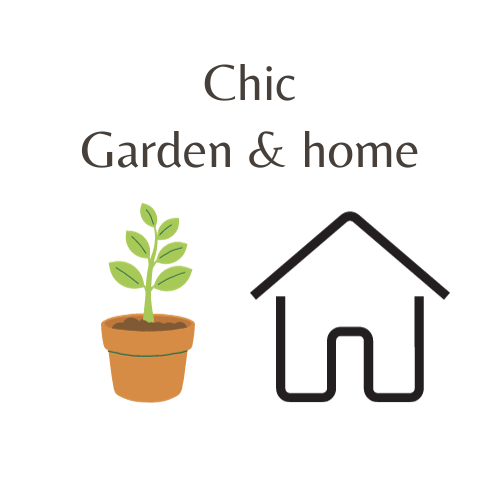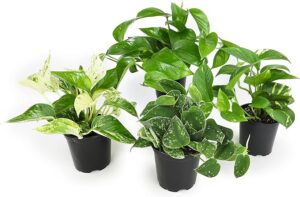Comprehensive Guide: How to Prevent and Treat Common Garden Pests Naturally
Choose Resistant Plant Varieties

The first step in preventing pest problems is selecting plant varieties that are naturally resistant to common garden pests. Resistant plants are less likely to fall victim to infestations, reducing the need for pest control measures. Many nurseries and seed catalogs provide information on plant resistance, so research and choose wisely when planning your garden.
Implement Crop Rotation
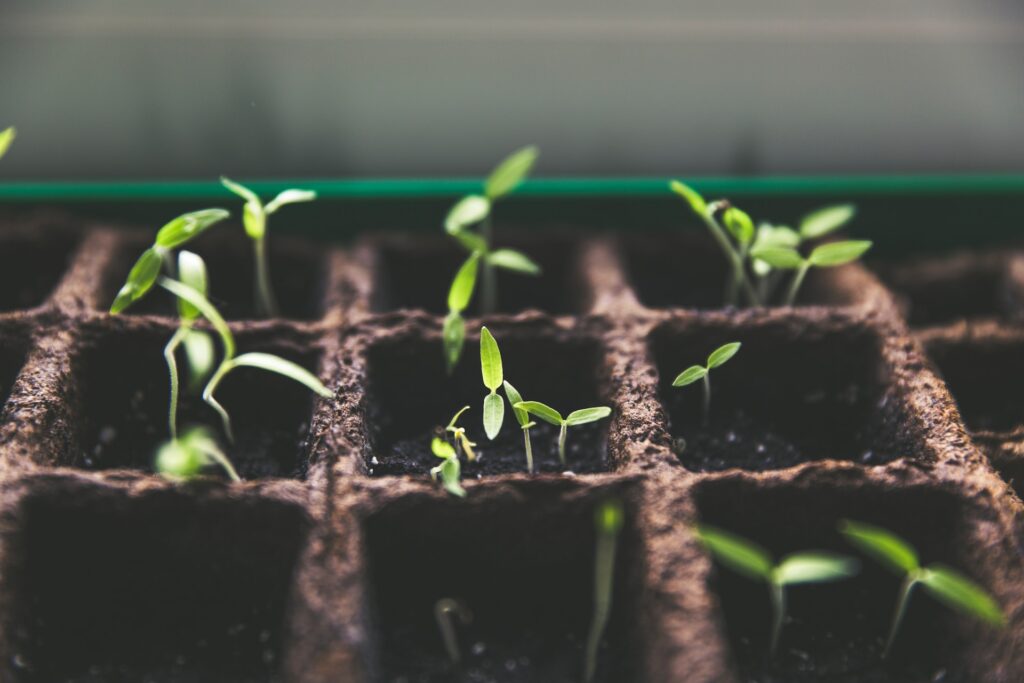
Crop rotation is a time-tested technique that involves changing the location of crops from one season to the next. By rotating your crops, you disrupt the life cycles of many garden pests, making it more challenging for them to establish themselves in your garden. This natural method reduces the risk of pests building up in the soil and attacking your plants.
Attract Beneficial Insects

Beneficial insects, such as ladybugs, lacewings, and parasitic wasps, can be your garden’s best allies in pest control. Planting flowers like marigolds, dill, and alyssum, or providing suitable habitats for these insects, can encourage them to stay in your garden and help control common pests like aphids, caterpillars, and whiteflies.
Explore Companion Planting
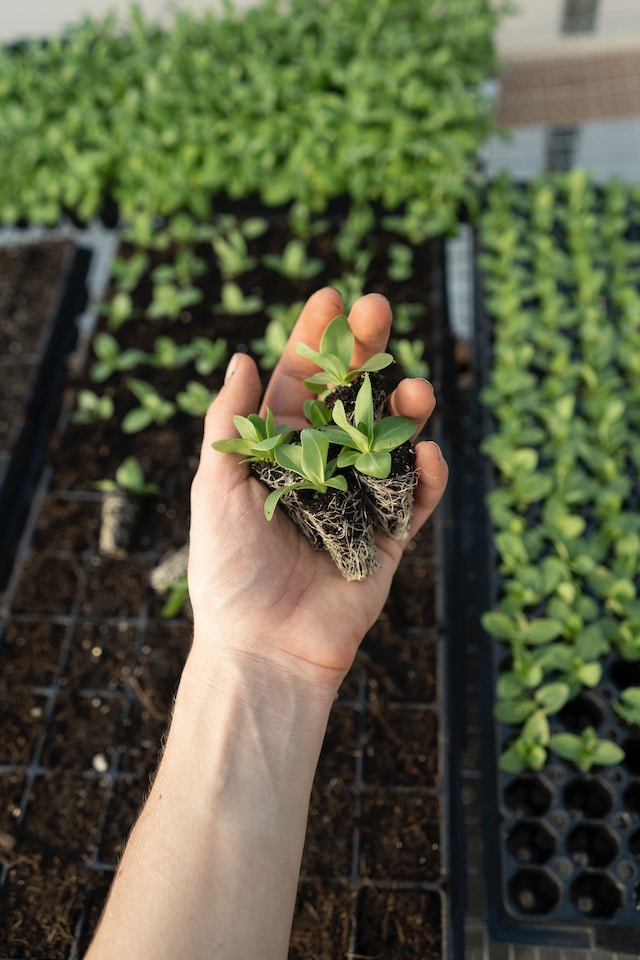
Companion planting is an effective way to naturally deter pests by planting certain species alongside each other. For instance, planting basil alongside tomatoes can deter aphids and other insects that commonly attack tomato plants. Research companion planting combinations that work well for the crops you intend to grow.
Handpick Pests
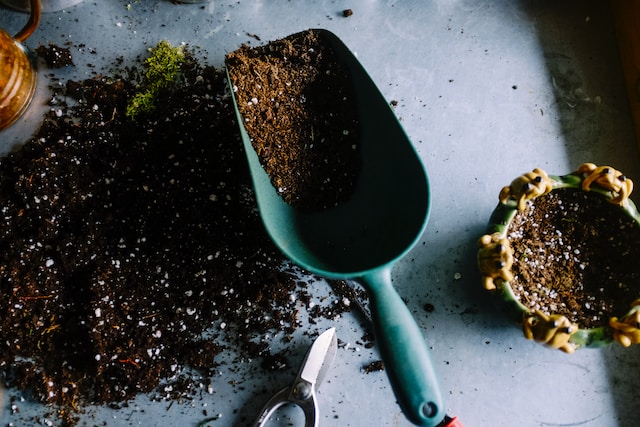
Regularly inspect your plants for pests like caterpillars, snails, or slugs. When you spot them, pick them off by hand and relocate them away from your garden. This method is particularly effective for smaller infestations and can help prevent larger problems from developing.
Utilize Homemade Pest Deterrents
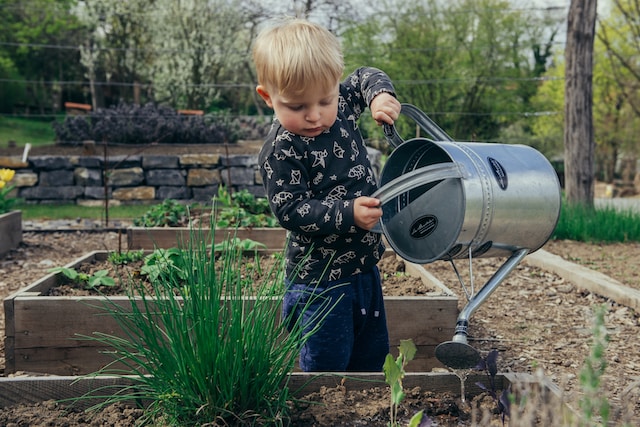
Creating homemade pest deterrents is an eco-friendly approach to protect your garden. Garlic and chili pepper sprays, for example, can deter many garden pests when applied to your plants. Neem oil is another natural option that effectively controls a wide range of garden pests while being less harmful to beneficial insects.
Employ Physical Barriers
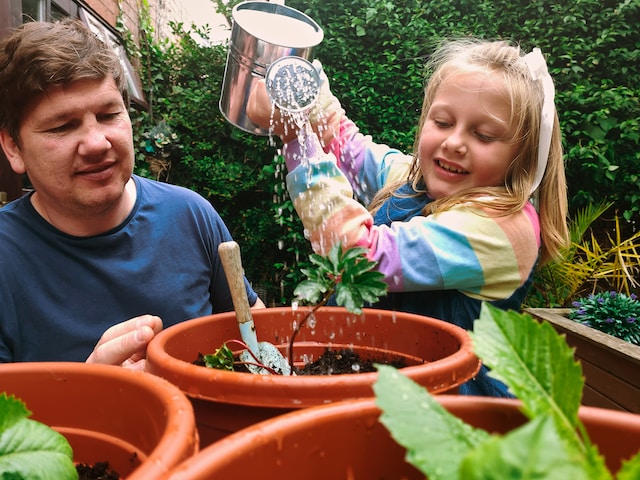
Physical barriers can provide excellent protection for your plants against common garden pests. Row covers, for example, can effectively shield your crops from insects, ensuring they remain unharmed. Additionally, installing barriers like copper tape can deter slugs and snails from reaching your plants.
Maintain Healthy Soil

Healthy soil is the foundation of a successful garden. Soil that is rich in organic matter and well-nourished plants is naturally more resistant to pests and diseases. Enhance your soil’s fertility and structure by adding compost, mulch, and organic matter, creating a thriving environment for your plants.
Practice Proper Watering and Drainage
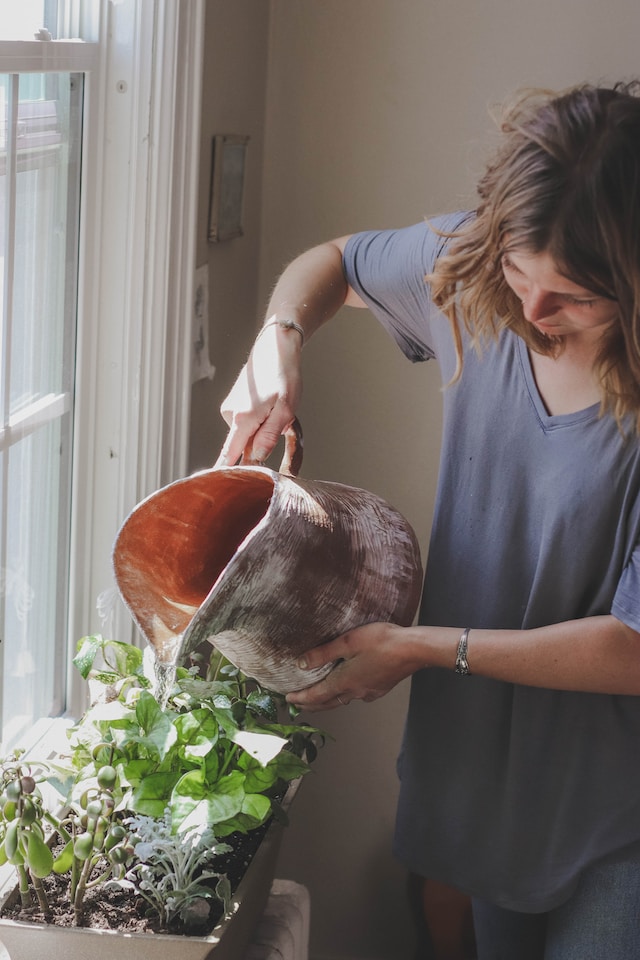
Overly wet or waterlogged soil can create favorable conditions for some garden pests, such as root rot or slugs. Ensure proper watering practices by watering at the base of plants and avoiding wetting the foliage. Additionally, ensure good drainage to prevent waterlogging.
Regular Pruning and Maintenance

Regular pruning and maintenance of your plants can help prevent pest infestations. Pruning away damaged or diseased branches and removing dead plant material reduces hiding places for pests and diseases.
Monitor Plant Health
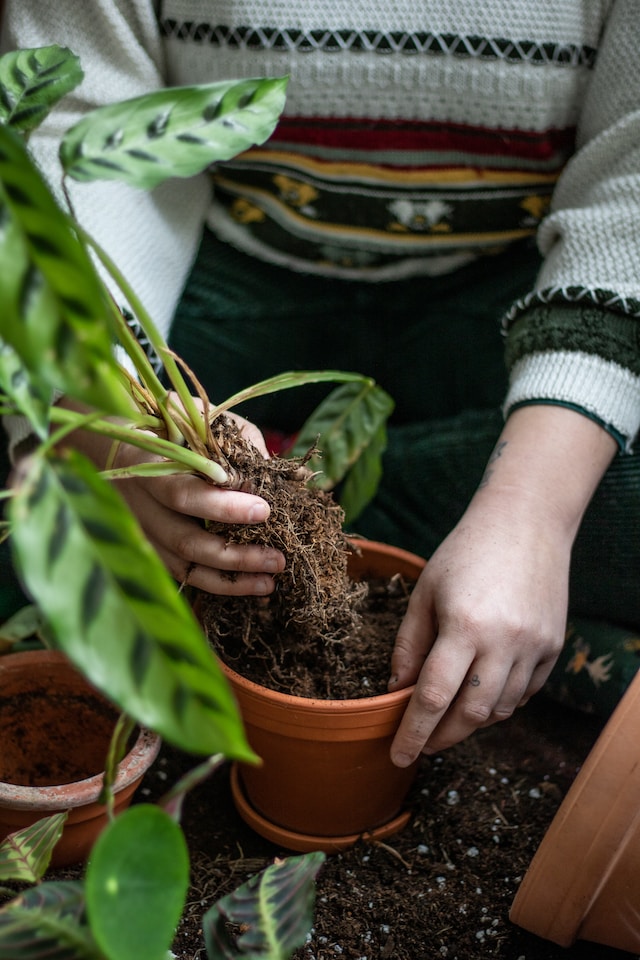
Regularly monitor the health of your plants and act promptly if you notice any signs of distress or pest damage. The earlier you address issues, the more effectively you can prevent them from escalating into major problems.
